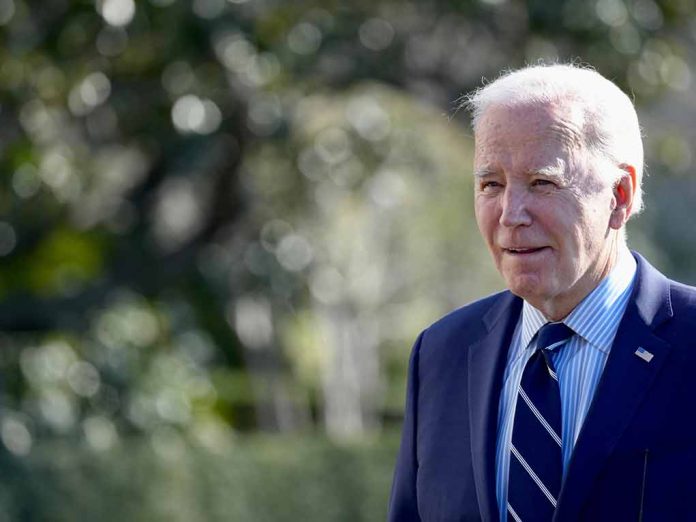
Biden’s Medicaid Makeover: A Departure from Trump-era Policies
The Biden administration has taken a sharp turn from the previous administration’s approach to Medicaid. While Trump focused on reducing spending and enrollment through measures like work requirements, Biden is pushing for expanded coverage and removing restrictive policies.
This shift includes revoking work requirements and premiums, which were cornerstones of the Trump administration’s Medicaid strategy. Biden’s team argues that these changes will increase access to healthcare, particularly in rural areas where coverage has been historically limited.
The Public Option Proposition
One of the boldest moves in Biden’s Medicaid expansion playbook is the proposed Medicare-like public option for non-expansion states. This initiative aims to provide premium-free coverage to individuals who would otherwise qualify for Medicaid in expansion states.
The proposal faces significant challenges, including the need for support from all Democratic senators and navigating the complex process of budget reconciliation. Critics argue that this could lead to increased federal spending and potentially impact private insurance markets.
Rural Healthcare: A Priority in Biden’s Plan
The Biden-Harris Administration has placed a strong emphasis on improving rural healthcare, building on the foundations laid by the Affordable Care Act and the Inflation Reduction Act.
This focus on rural healthcare is crucial, given the alarming statistic that over 150 rural hospitals have closed or reduced services since 2010. The administration’s efforts aim to keep rural healthcare providers operational and expand access to care in these underserved areas.
The Paperwork Predicament: Medicaid Coverage Losses
A significant challenge facing the Biden administration is the loss of Medicaid coverage due to paperwork issues following the expiration of pandemic-era policies.
This issue threatens to undermine the progress made in expanding coverage, with projections suggesting that up to 15 million Americans could lose Medicaid coverage by next year. The administration is working to minimize these losses, but the scale of the problem remains daunting.
The Benefits and Challenges of Medicaid Expansion
Despite the challenges, expanded Medicaid has shown demonstrable benefits, including increased insurance coverage, improved health outcomes, and economic stimulus for states.
However, the expansion is not without its critics. Some argue that it places an undue burden on state budgets and may lead to increased federal deficit spending. Others contend that it could disincentivize work and create dependency on government programs.
Sources
- The Biden-Harris Administration is taking actions to improve the health of rural communities and help rural health care providers stay open
- Status of State Medicaid Expansion Decisions: Interactive Map
- Biden’s health care wins are being undone — and at the worst possible time
- The Effects of Earlier Medicaid Expansions: A Literature Review









